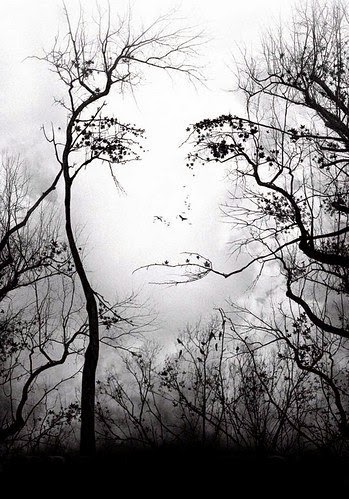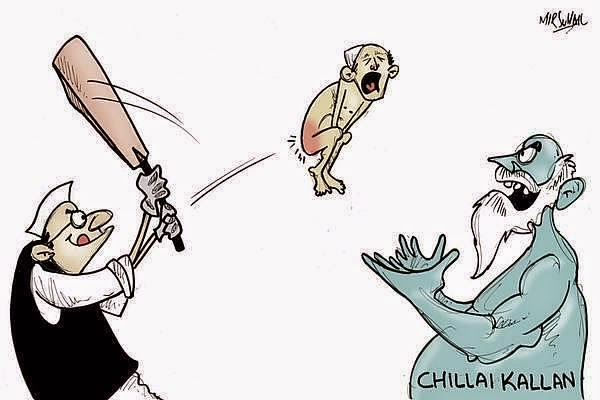I PRAISE: Panun Doud Panen Dug

One may have many reservations regarding the poet but the work of art calls for proper appreciation Rilke, one of the greatest modern poets, has a poem that reads: THE POET SPEAKS OF PRAISING Oh speak, poet. what do you do? I praise. But the monstrosities and the murderous days, how do you endure them, how do you take them? I praise. But the anonymous, the nameless grays, how, poet. do you still invoke them? I praise. What right have you, in all displays, in very mask, to be genuine? praise. And that the stillness and the turbulent sprays know you like star and storm? Drawing inspiration from Rilke, I today praise a little known contemporary Kashmiri poet who has struck some deep chords in me, as a token of gratitude for the ordeal that the poet has suffered for conceiving or writing poetry. A work of art has to be approached first and foremost as a work of art and let us note that some masterpieces of poetry in all trad...






